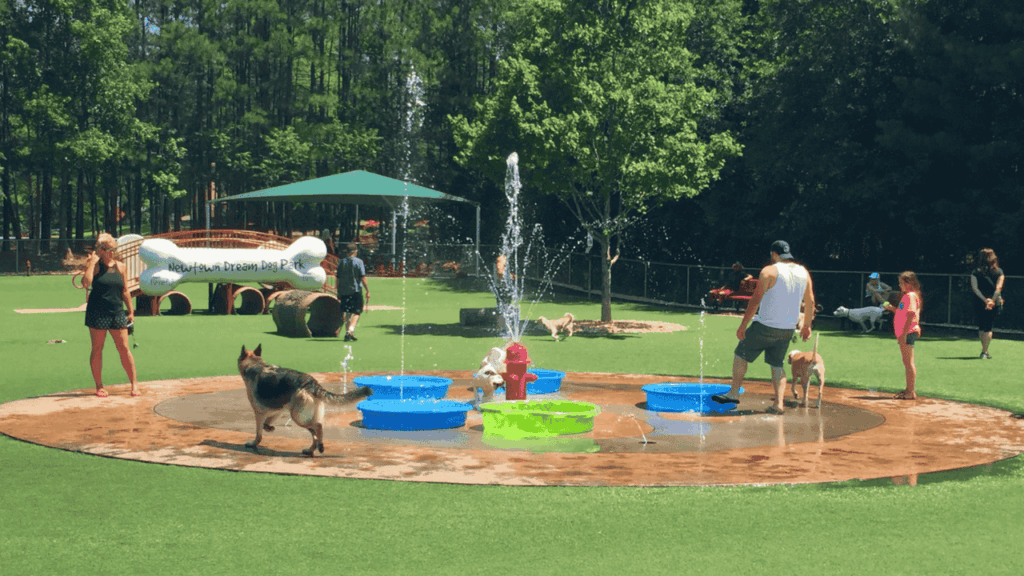Choosing the right dog is one of the most important decisions a pet owner can make. A dog is not just a pet—it’s a family member who will share your home, routine, and emotions for years. The right match can bring happiness, balance, and companionship, while the wrong one can cause stress for both you and the dog. In the United States, lifestyles vary greatly—from urban apartment living to suburban family homes and rural open spaces—and every environment suits different breeds. Taking the time to understand your lifestyle and what kind of dog fits into it ensures a harmonious relationship built on understanding and comfort.
When should you start thinking about your ideal dog breed?
You should start thinking about your ideal dog breed before you even begin searching for one. Many people fall in love with a breed’s appearance or a viral video online, only to discover that the dog’s needs don’t fit their everyday life. Before adopting or buying a dog, evaluate your daily schedule, home space, activity level, and budget. If you have a busy work routine, a low-maintenance breed that doesn’t require long walks or constant attention may be better. Families with kids might look for gentle, playful breeds, while active individuals could prefer energetic dogs that enjoy outdoor adventures. Taking time for this reflection early on can prevent frustration later and set you up for success as a responsible pet owner.
How do you match a dog’s temperament with your lifestyle?
Matching temperament is just as important as considering size or breed. Dogs, like people, have distinct personalities. Some breeds are independent and relaxed, while others are social and need constant interaction. For example, if you work long hours away from home, a breed that handles alone time well, such as a Basset Hound or a Greyhound, might suit you better. If you’re outgoing and enjoy meeting new people, sociable breeds like Golden Retrievers, Labradors, or Beagles will fit your energy. Apartment dwellers may want calm, adaptable dogs like French Bulldogs or Cavalier King Charles Spaniels. On the other hand, if you live an active lifestyle—hiking, running, or spending time outdoors—then breeds like Border Collies, Australian Shepherds, or Huskies will thrive with your energy and engagement.
What are the key factors to consider before choosing a dog?
Several practical factors should guide your decision. First, think about space. Larger breeds need room to move around, so small apartments might be better for compact or low-activity dogs. Next, assess your time commitment. Puppies require training, socialization, and frequent attention, while older dogs may need less intensive care but could have medical needs. Grooming is another key factor—some dogs shed heavily or need regular trimming. If you prefer minimal maintenance, short-haired breeds are more convenient. Cost is also essential; food, vet care, and grooming can add up quickly. Finally, consider allergies in your household—hypoallergenic breeds like Poodles or Schnauzers can be a better fit for allergy-prone families.
How can lifestyle and environment affect your dog’s happiness?
Your environment and lifestyle directly influence your dog’s overall health and happiness. A dog that doesn’t get enough exercise or mental stimulation may develop behavioral problems such as barking, chewing, or anxiety. For example, a high-energy dog confined to a small apartment without walks will likely feel frustrated. Conversely, a small, quiet breed might feel overwhelmed in a noisy, busy household. Matching your dog’s energy level to your living conditions ensures they get the right balance of activity and relaxation. If you live in a cold region, breeds with thicker coats will fare better outdoors. Meanwhile, in warmer climates, short-haired dogs are more comfortable and less prone to overheating. Understanding how your surroundings affect your dog allows you to create a safe, enjoyable environment where they can thrive.
When is adoption or purchasing from a breeder the right choice?
Both adoption and buying from a breeder have their benefits, but timing and personal priorities matter. Adoption is a great option if you want to give a second chance to a dog in need. Shelters and rescue centers often have mixed breeds and older dogs who already have basic training and are ready for companionship. This route is more affordable and helps reduce the number of homeless pets. On the other hand, purchasing from a reputable breeder allows you to learn about the dog’s lineage, temperament, and health history, which can be helpful if you’re seeking a specific breed. It’s crucial, however, to research breeders carefully and avoid puppy mills. Whether you choose to adopt or buy, ensure you’re emotionally and financially prepared for the long-term responsibility that comes with dog ownership.
How do you prepare your home and routine for a new dog?
Preparation is key before bringing your new dog home. Start by designating a comfortable space where they can rest, eat, and feel safe. Gather essentials like a bed, food and water bowls, a collar with identification tags, and toys. If you work full time, consider how you’ll manage feeding and walking schedules—perhaps by hiring a dog walker or setting up a pet camera for monitoring. Training should begin immediately to establish routines and boundaries. Remember that patience and consistency are vital during the adjustment period. Dogs need time to learn their environment and build trust with you. Whether you’re adopting a playful puppy or a calm senior dog, setting up a structured, loving environment helps them settle in faster and feel secure.
Conclusion
Finding the perfect dog for your American lifestyle is about understanding who you are and what kind of companion fits naturally into your life. From high-energy breeds for outdoor enthusiasts to gentle companions for family homes or apartment living, there’s a perfect match for every type of owner. By considering your time, space, budget, and energy level, you can choose a dog that complements your lifestyle while ensuring they live a happy, healthy, and fulfilling life. Remember, choosing a dog isn’t just about what you want—it’s also about what the dog needs. When both align, the result is a lifelong friendship built on love, trust, and joy.







